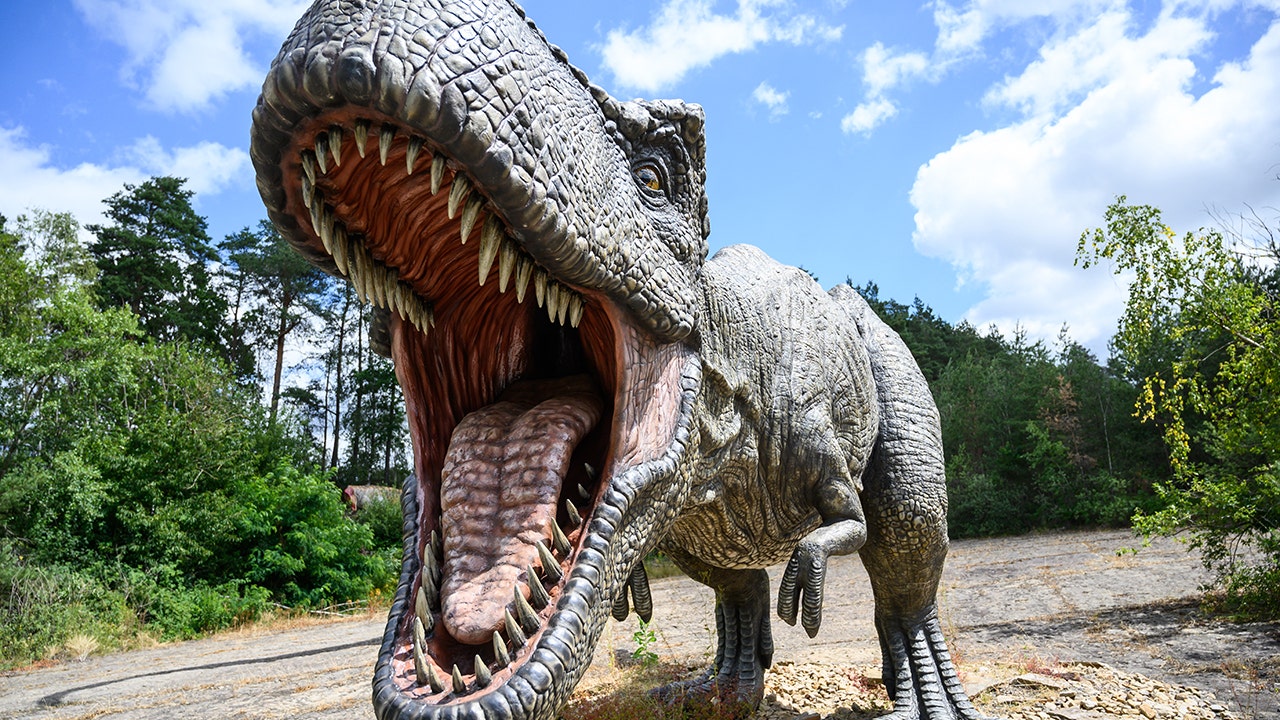Dinosaurs went extinct 66 million years ago after an asteroid plunged into the Gulf of Mexico
A previously undiscovered asteroid crater off the coast of West Africa may hold some answers about how Dinosaurs went extinct.
Approximately 66 million years ago, a large asteroid, whose crater is named Chicxulub, slammed into the Earth at the end of the Cretaceous period, causing the destruction of the dinosaurs. However, researchers have now found a new asteroid crater off the coast of West Africa that impacted the Earth around the same time, according to a study released Thursday by Science Advances.
Given the name the Nadir Crater, it is located off the coast of Guinea, West Africa, and is 300m below the sea and 400km from the nearest land with a diameter of 8.5km. Although Nadir is not as large as Chicxulub, an analysis of the age of nearby fossils indicates it is a very similar age.

 www.foxnews.com
www.foxnews.com
A previously undiscovered asteroid crater off the coast of West Africa may hold some answers about how Dinosaurs went extinct.
Approximately 66 million years ago, a large asteroid, whose crater is named Chicxulub, slammed into the Earth at the end of the Cretaceous period, causing the destruction of the dinosaurs. However, researchers have now found a new asteroid crater off the coast of West Africa that impacted the Earth around the same time, according to a study released Thursday by Science Advances.
Given the name the Nadir Crater, it is located off the coast of Guinea, West Africa, and is 300m below the sea and 400km from the nearest land with a diameter of 8.5km. Although Nadir is not as large as Chicxulub, an analysis of the age of nearby fossils indicates it is a very similar age.

Scientists find a new asteroid crater that may shed light on Dinosaurs' extinction
Scientists may learn more clues about the extinction of dinosaurs after discovering a large asteroid crater off the coast of west Africa.
